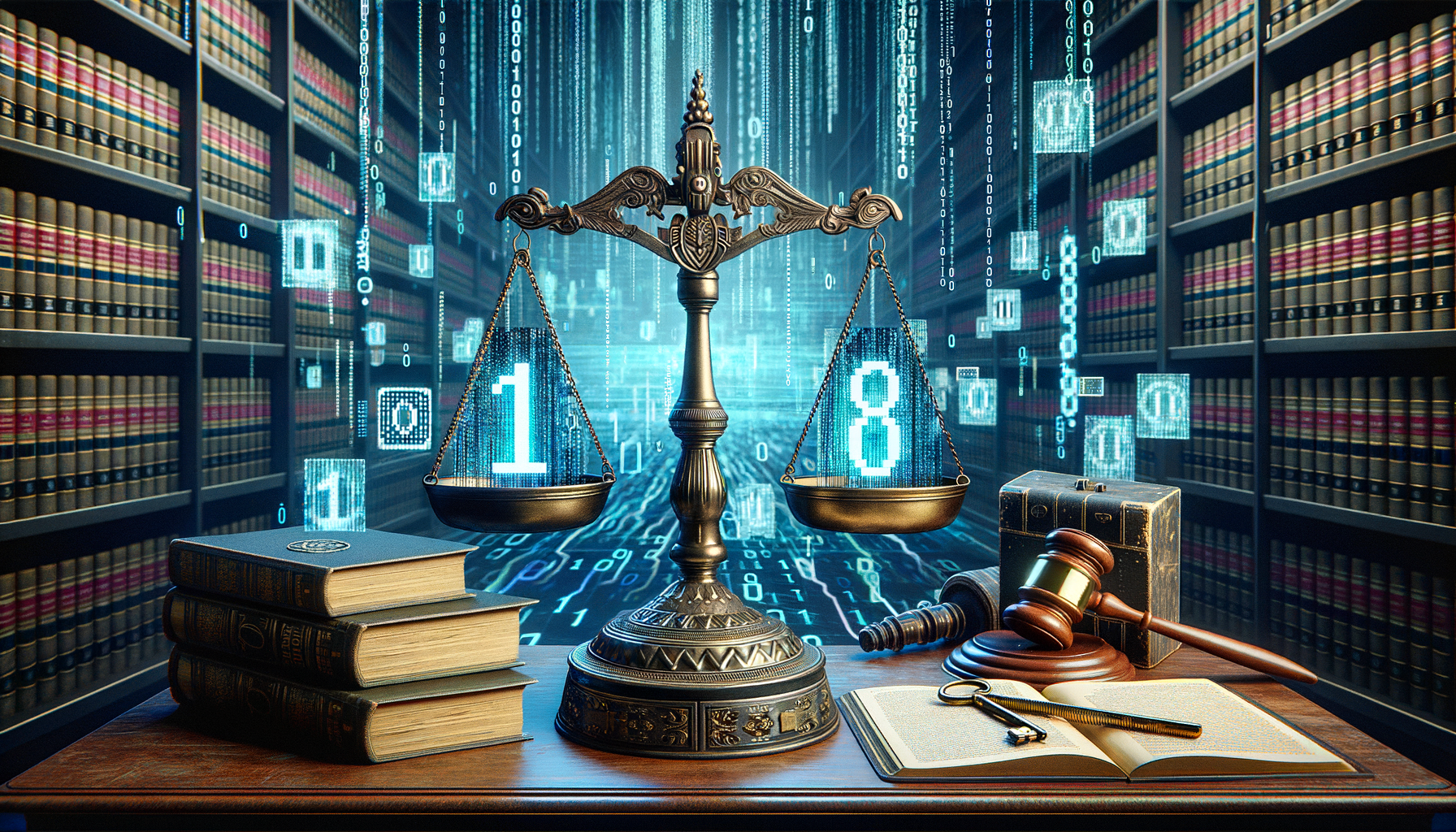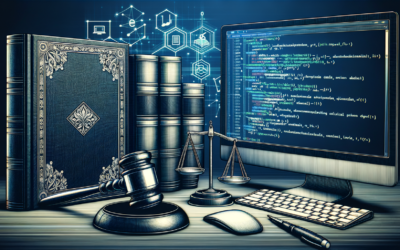Legal Hacking
In a world where technology is omnipresent, the legal sector is no exception to a silent but decisive revolution. The term “legal hacking” is emerging as a key development in this transformation. This article explores the concept of legal hacking, its applicability and its influence on the legal profession.
What is Legal Hacking?
Legal hacking, often associated with legal innovation, refers to the application of creative thinking and technology to solve legal problems, improve legal systems or optimize legal practices. It is in line with the growing legal design movement, which aims to make the law more accessible and integrate it harmoniously into the social fabric using digital tools.
Legal Hacking’s fields of application
Automation and Productivity
Legal hacking offers solutions for automating many tedious tasks in the legal world. Tools such as premium legal software will automate the contract creation process or facilitate automated due diligence, increasing the productivity of lawyers and legal advisors.
Safety and Compliance
When it comes to data security and regulatory compliance, legal hacking solutions such as legal cybersecurity and RGPD compliance, strengthen protection against threats while ensuring that practices are in line with current laws.
Contractual Innovation
Legal hacking drives innovation in contract creation and management. Thanks to smart contract concepts linked to blockchain, contracts are becoming more secure, autonomous and efficient.
The Impact of Legal Hacking on the Legal Profession
The integration of legal hacking encourages strategic thinking around the efficiency and added value of legal services. It compresses lead times, reduces costs and offers innovative services, significantly impacting the way legal professionals work on a day-to-day basis.
Frequently asked questions
Here’s a list of frequently asked questions to help you better understand legal hacking.
Is legal hacking ethical?
Yes, legal hacking is ethical when it is practiced in compliance with the law and aims to improve the accessibility and efficiency of the legal system.
Can Legal Hacking improve access to justice?
Absolutely, legal hacking can greatly improve access to justice by simplifying processes and developing online dispute resolution platforms, making justice more affordable and accessible.
What are the typical tools of the legal hacker?
Legal hackers often use innovative tools such aslegal analytics,artificial intelligence and process automation to achieve their goals.
It’s important to note that the attractive but responsible application of legal hacking requires attention to ethics and constant monitoring of legislative developments. Professionals need to harmonize technological innovation with existing legal frameworks to maintain the integrity of the legal system.
With its promise of modernization and efficiency, legal hacking clearly has the potential to reshape the future of law. It is now essential for lawyers to adapt and master these new tools to remain competitive in an ever-changing legal landscape.




